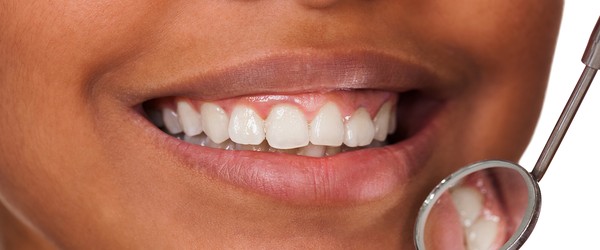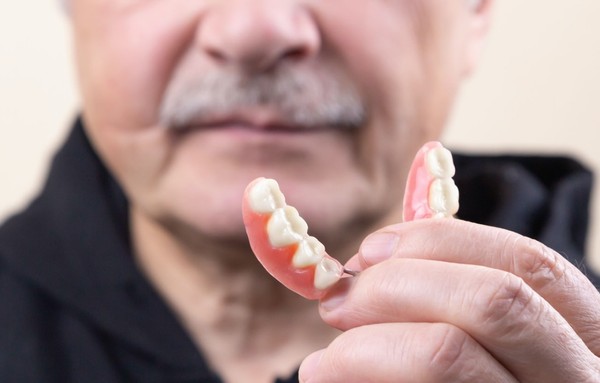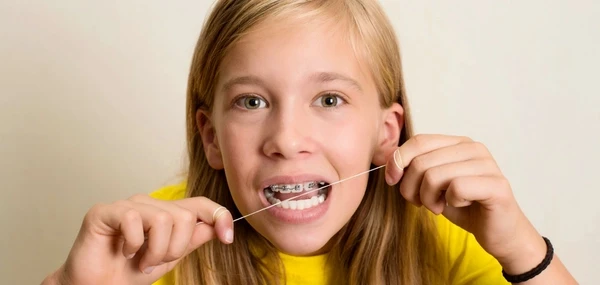
Blog
- Home
- Blog



Gum Care
Causes and Treatments of Leukoplakia Leukoplakia is a dental condition…

Smiles for Life Dental Clinic
Answering Common Questions About Stained Teeth Everyone wants to have a…

Invisalign
Do you want Straight teeth without wearing traditional braces that include…

Dentures
What Are Removable Partial Dentures? Removable partial dentures are similar…


Be Our GuestEveryone Is Welcomed to Our Office!
Our Office Hours
- Monday:
- Tuesday:
- Wednesday:
- Thursday:
- Friday:
- Saturday:
- Sunday:
- 8:00 AM - 6:00 PM
- 8:00 AM - 5:00 PM
- 8:00 AM - 5:00 PM
- 8:00 AM - 4:00 PM
- Closed
- Closed
- Closed


Appointment RequestCompassionate & Family Friendly Care


